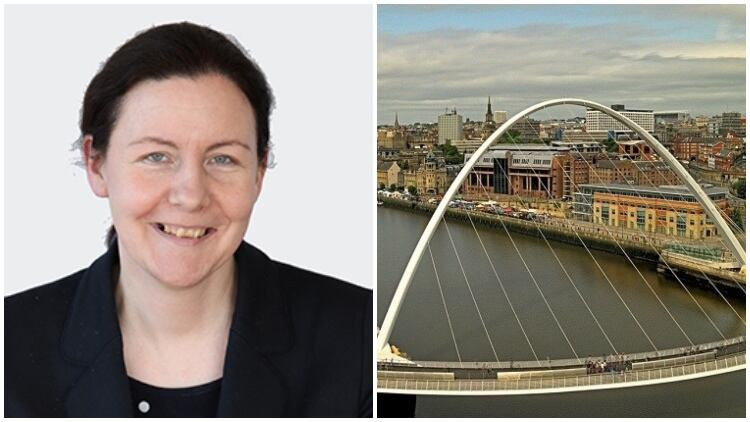The hospitality industry has been hit hard by social distancing and the closure of premises required because of coronavirus.
The easing of lockdown restrictions gives hospitality businesses an opportunity to open up and serve customers, progressing beyond the initial economic impact of the crisis, but businesses will need to deal with anything else that affects their financial stability now so they can survive.
The late-night levy imposed on operators of licensed premises in some areas could have a significant impact. Local authorities have a power to impose a levy on businesses which are licensed to provide alcohol and refreshments late at night.
Previously, when hospitality businesses such as pubs and restaurants were thriving and their activities were having an impact on their local environment, the levy provided local authorities with an important source of income which allowed them to provide extra street cleaning and taxi ranks, as well as address issues such as late night crime and disorder. This has become less relevant when premises have been closed and businesses have been struggling to survive on reduced or no income.
The potential merits of relaxing or reducing late night levies have been recognised by businesses, the Campaign for Real Ale (CAMRA) and local authorities - but there are difficulties in doing this.
Although it is a matter for the licensing authority to decide whether to introduce a late-night levy, once it has been introduced the amount is based in legislation and Government approval is needed to alter it.
Recently, Newcastle City Council approached the Government suggesting that it should give powers to local authorities which would enable them to alter or waive fees from late night levies.
Prevent businesses struggling
Local authorities have already recognised the importance of maintaining a healthy economy by helping businesses to survive the effects of the coronavirus pandemic.
For example, local authorities have been making active use of guidance from the Government and the European Commission to support businesses while complying with public procurement and State Aid law.
Power to take action to prevent businesses from struggling as a result of having to pay a late-night levy when they are unable to operate a business late at night could be a useful tool for a local authority striving to maintain a stable economy in their area.
If local authorities acquire more powers over the application of late-night levies, they will need to ensure that every decision they take to exercise those powers is reasonable. They would also need to keep arrangements under review.
Local authorities might think it appropriate to take measures now to address the severe impact that the crisis of the coronavirus pandemic is having on businesses in their area.
As times move on, if businesses are able to return to a more stable position and if conditions which previously led to the introduction of a late-night levy recur, local authorities might find it necessary to return to levies at the rate at which they were originally introduced.




